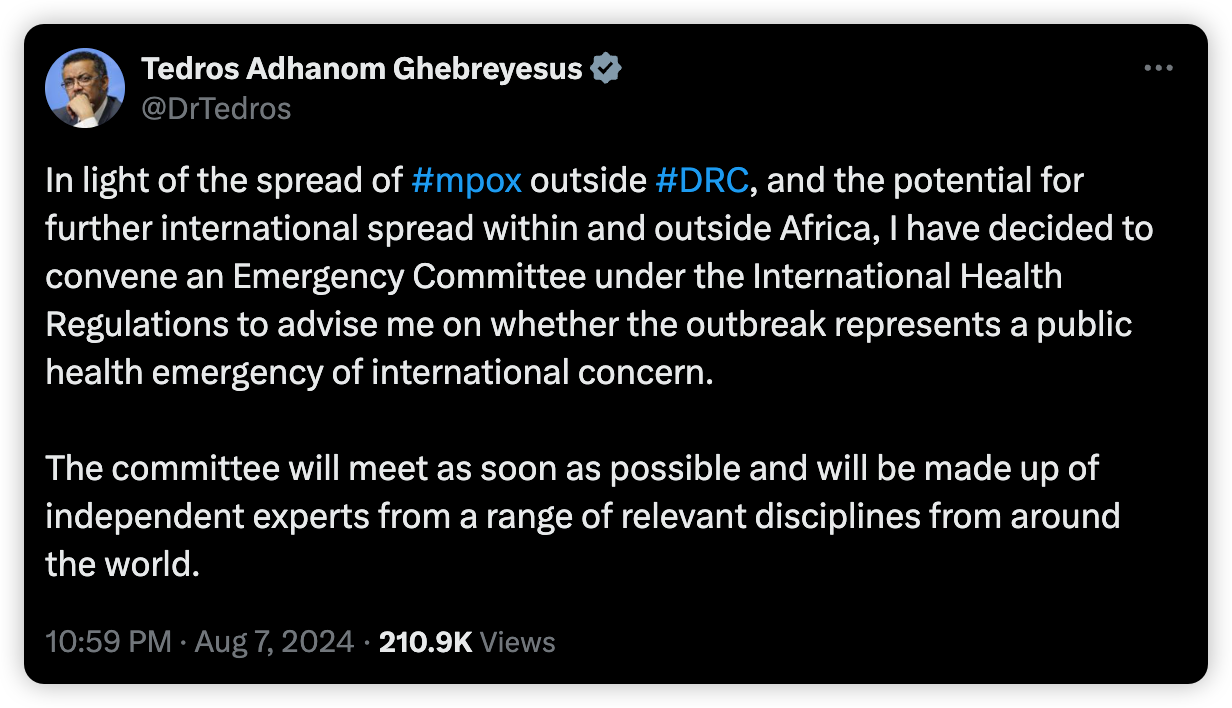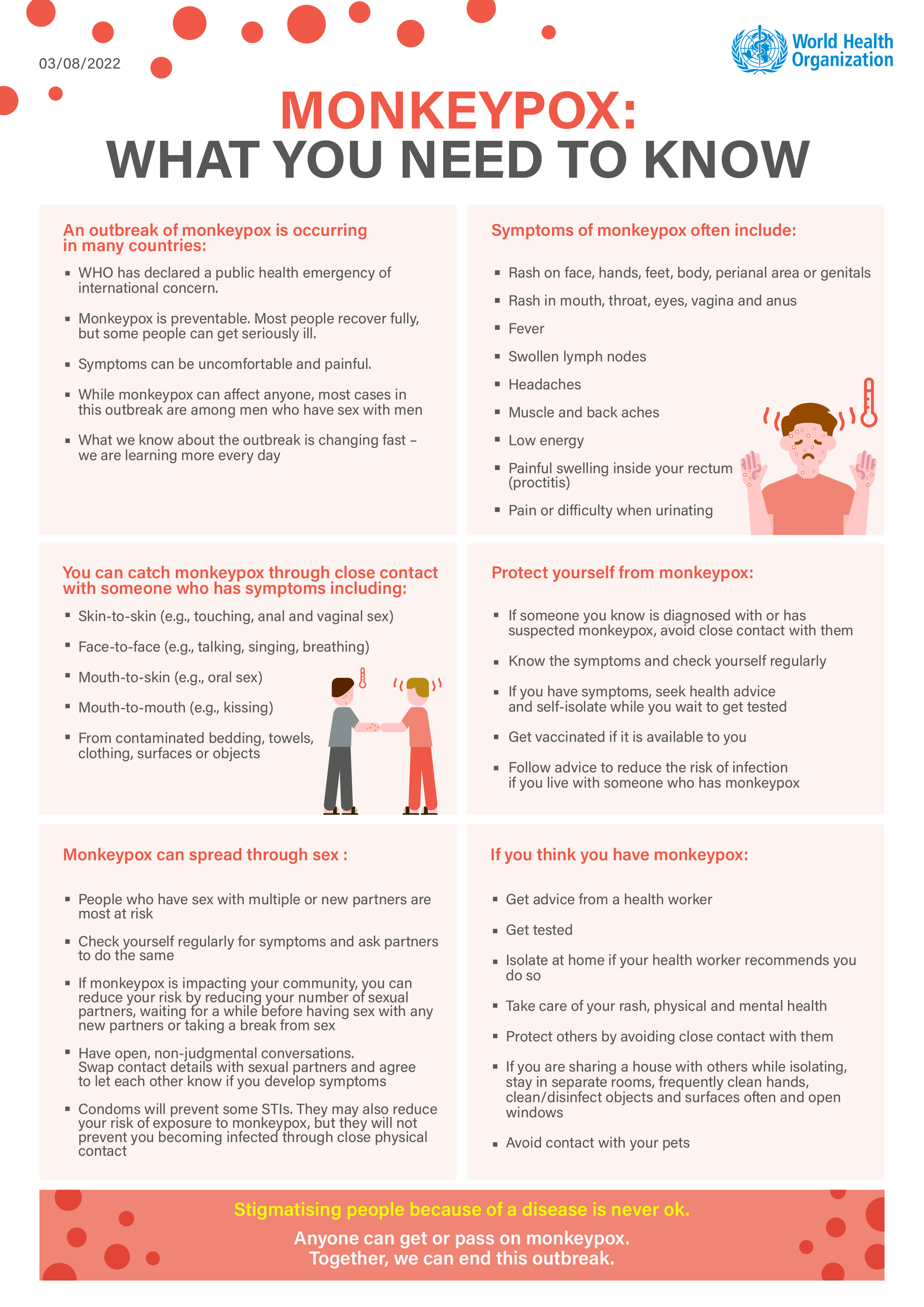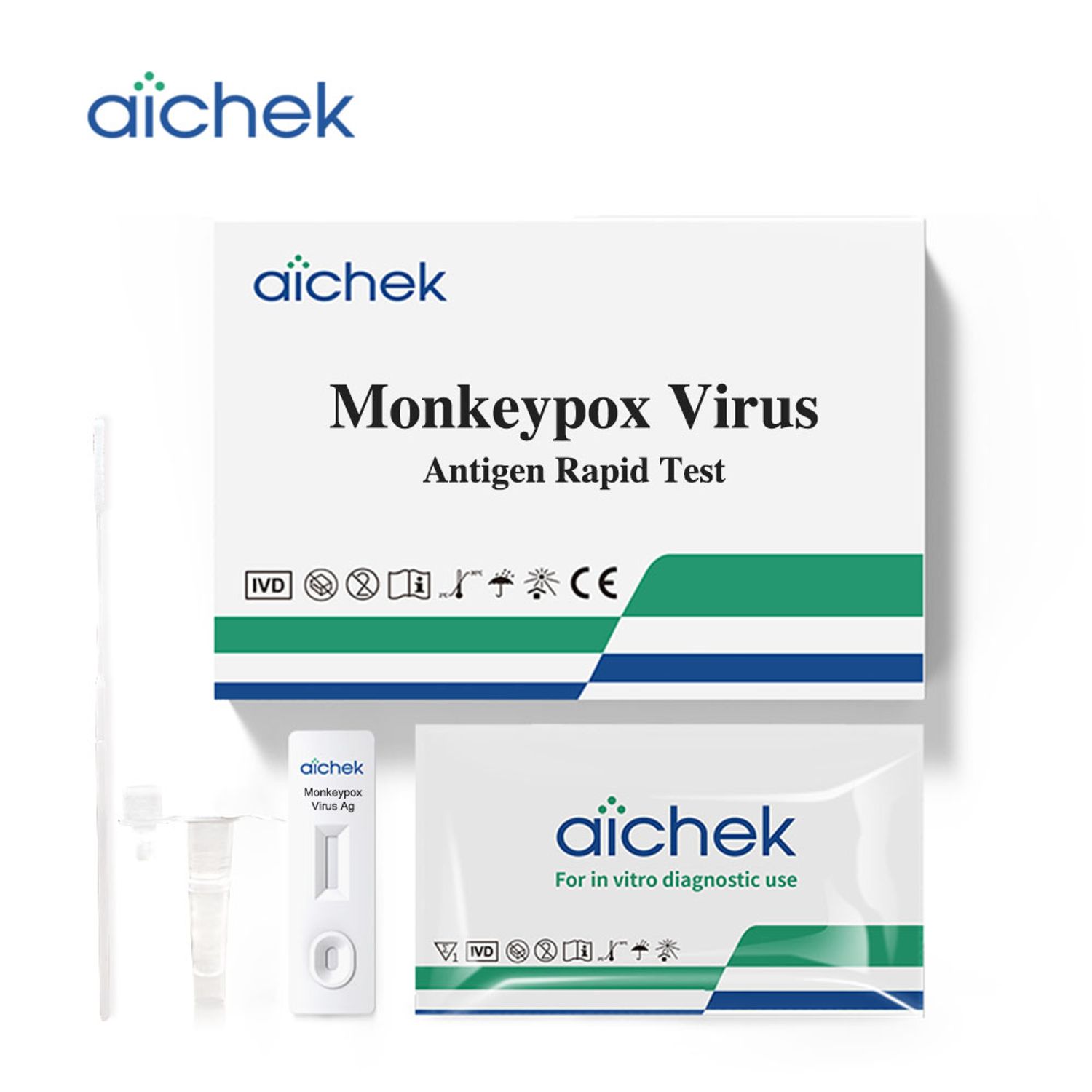
Get A Quote
August Mpox Outbreak in Democratic Republic of the Congo (DRC)
Summary
In the August of 2024, there has been a significant surge in monkeypox (mpox) cases, particularly originating from the Democratic Republic of the Congo (DRC). The Centers for Disease Control and Prevention (CDC) issued a Health Alert Network (HAN) update to provide crucial information about this ongoing outbreak. The initial advisory was released in December 2023, signaling the beginning of a concerning trend in the region.
As the situation escalates, the World Health Organization (WHO) has called an emergency meeting, scheduled for August 8, 2024, to address the growing number of mpox cases spreading from Congo. WHO Director-General Tedros Adhanom Ghebreyesus announced on social media platform X (formerly Twitter) that a committee of independent experts will convene to evaluate the outbreak and determine necessary actions.
The resurgence of mpox in the DRC and its potential to spread to other regions has raised global health concerns, prompting international organizations to closely monitor the situation and prepare for a coordinated response.

Background (News)
What is Monkeypox (Mpox)
Monkeypox (Mpox) is a viral infection caused by the monkeypox virus (MPXV), which has two distinct genetic clades: Clade I and Clade II. These clades are primarily endemic to Central and West Africa, respectively. Clade I MPXV is known for being more transmissible and associated with a higher rate of severe infections compared to Clade II. The ongoing global mpox outbreak, which began in 2022, is driven by Clade II MPXV, and cases continue to be reported worldwide, raising significant public health concerns.
Evaluation and Diagnosis
A single positive PCR test is sufficient to confirm a diagnosis of mpox, and testing is strongly recommended for all suspected cases. In settings where testing is unavailable, clinical diagnosis may depend on whether the patient meets the criteria for a "suspected case." This diagnosis is based on:
1. Recent contact with a probable or confirmed mpox case within the 21 days preceding symptom onset, combined with any of the following symptoms: acute onset of fever (>38.5°C), headache, myalgia (muscle pain/body aches), back pain, profound weakness or fatigue.
2. The presence of an unexplained acute skin rash (especially in locations typical for mpox), mucosal lesions, or lymphadenopathy (swollen lymph nodes).
It's essential to distinguish mpox from other infections that may present with similar symptoms, such as varicella zoster (shingles), herpes zoster, measles, herpes simplex, bacterial skin infections, disseminated gonococcal infection, primary or secondary syphilis, chancroid, lymphogranuloma venereum, granuloma inguinale, and molluscum contagiosum.
Additionally, testing for co-infections, including HIV and STIs, should be considered where indicated, and may be part of routine clinical practice in sexual health services, following standard local guidelines.
What You Need to Know (Infographic from WHO)
from WHO Website, https://www.who.int/multi-media/details/monkeypox--what-you-need-to-know
AICHEK's Lateral Flow Solution for Wide Screening Test
https://aichek.com/product/monkeypox-virus-antigen-rapid-test
The Monkeypox Test Kit is an immunochromatographic membrane assay that uses highly sensitive monoclonal antibodies to detect Monkeypox virus. It is suitable for the qualitative detection of monkeypox virus antigens in nasopharyngeal swabs, oropharyngeal swabs, and skin lesion samples.
Cut-off Value
0.05ng/mL monkeypox recombinant protein solution
Reference
https://www.who.int/health-topics/monkeypox#tab=tab_1
https://www.who.int/news-room/questions-and-answers/item/testing-for-mpox--health-workers
https://emergency.cdc.gov/han/2024/han00513.asp
https://www.who.int/multi-media/details/monkeypox--what-you-need-to-know


